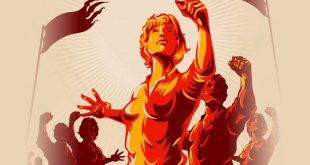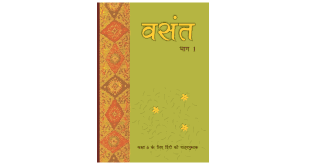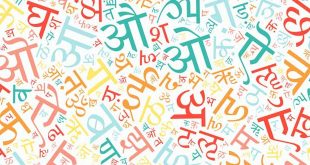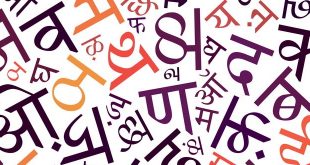Question: What was the aim of the popular Nepal movement of April 2006? Answer: The aim of the popular movement was to restore democracy. In February 2005, the king dismissed the Prime Minister and dissolved the popularly elected parliament. Question: Who were Maoist? Answer: Those communists who believe in the ideology of …
Read More »Development: 10th CBSE Economics
Question: What is development? Answer: It is a comprehensive term which includes increase in real per capita income, improvement in living standard of people, reduction in poverty etc. Question: Mention any two development goals of a landless rural labourer. Answer: More days of work and better wages. Quality education for …
Read More »Political parties: 10th Political Science
Question: What do you understand by Partisan? Answer: A person who is strongly committed to a party, group or faction. Partisanship is marked by a tendency to make a side and inability to take a balance view on an issue. Question: Name 3 components of a political party? Answer: A …
Read More »Outcomes of democracy: Political Science
Question: What are the main features of a democracy? Answer: Democracies have a formal constitution; they hold elections, have political parties and guarantee rights to its citizens. Question: What is the basis of democracy and what are its advantages? Answer: Democracy is based on the idea of deliberation and negotiation. Deliberation and …
Read More »Novels society and history: Pol. Science
Question: What is a novel? Answer: Novel is a modern form of literature born from print, a mechanical invention. Question: What are major differences between a novel and a manuscript? Answer: Novel is born from print whereas manuscript is handwritten. Manuscripts were difficult to prepare and there were only few …
Read More »Power Sharing: 10 CBSE Political Science
Question: What is the percentage of ethic composition of Brussels? Answer: In the capital city Brussels, 80% people speak French while 20% are dutch-speaking. Question: What do you understand by Power Sharing? Answer: Power sharing is the distribution of power, subjects among the organs of government. It is an intelligent …
Read More »नौकर: 6th Class NCERT CBSE Hindi वसंत भाग 1 Chapter 15
नौकर 6th Class NCERT CBSE Hindi वसंत भाग 1 Chapter 15 प्रश्न: गांधी जी घर की जरूरत का आटा कैसे तैयार करते थे? उत्तर: गांधी जी घर की जरूरत का आटा, महीन या मोटा खुद ही चक्की से पीसकर तैयार करते थे। नौकर – प्रश्न: आश्रम में आटा कम पड़ जाने की …
Read More »डाकिए की कहानी, कँवरसिंह की जुबानी: 5th Hindi Ch 07
प्रश्न: डाकिए का क्या नाम था? उत्तर: डाकिए का नाम कँवरसिंह था। प्रश्न: डाकिया कहाँ का रहने वाला था? उत्तर: डाकिया हिमाचल प्रदेश के शिमला जिले के नेरवा गाँव का रहने वाला था। प्रश्न: कँवरसिंह के परिवार में कौन-कौन सदस्य थे। उत्तर: कँवरसिंह के परिवार में चार बच्चे थे। प्रश्न: …
Read More »चिट्ठी का सफ़र: 5th Class CBSE Hindi Chapter 06
प्रश्न: गांधी जी को सिर्फ़ उनके नाम और देश के नाम के सहारे पत्र कैसे पहुँच गया होगा? उत्तर: गांधी जी को देश का बच्चा-बच्चा जानता है तो डाकिए तो जानते ही होंगे। अत: चिट्ठियाँ उनके नाम के सहारे ही पहुँच जाती होंगी। प्रश्न: अगर एक पत्र में पते के साथ …
Read More »वे दिन भी क्या दिन थे: 5 Class CBSE Hindi Chapter 08
प्रश्न: कुम्मी के हाथ जो किताब आई थी वह कब छपी होगी? उत्तर: कुम्मी के हाथ जो किताब आई वह आज के जमाने की छपी हुई होगी। प्रश्न: रोहित ने कहा था, “कितनी पुस्तकें बेकार जाती होगी। एक बार पढ़ी और फिर बेकार हो गई”। क्या सचमुच में ऐसा होता …
Read More » Class Notes NCERT Solutions for CBSE Students
Class Notes NCERT Solutions for CBSE Students








